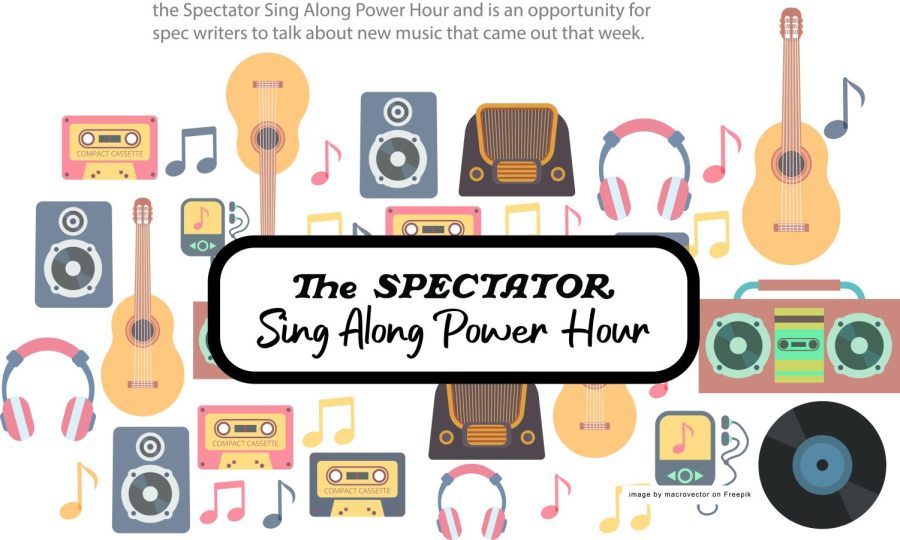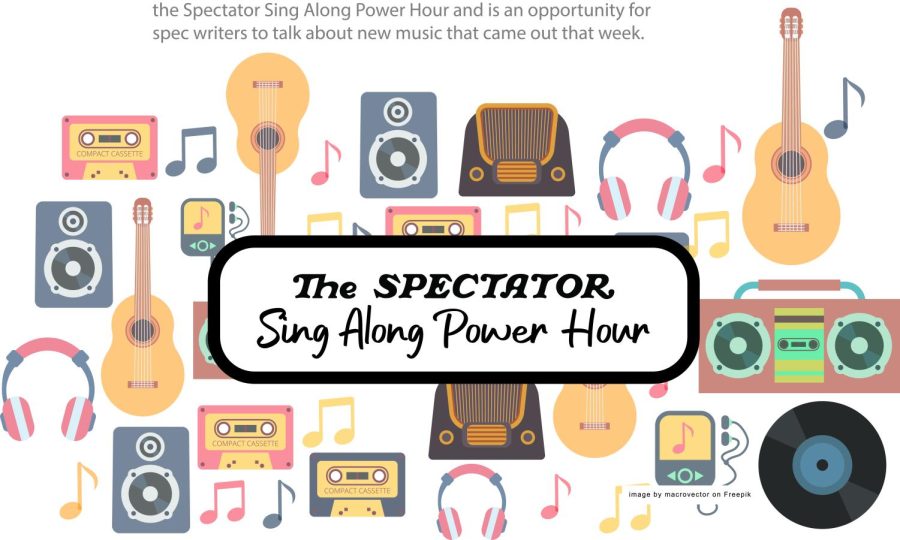Before starting this article, I want to preface the information in this article as a gathering of research to share with readers. None of the historical insights in this article are my own ideas, just an amalgamation of research on this album. Now back to Beyoncé.
“Cowboy Carter,” Beyoncé’s most recent album, is an excellent genre shift from one of the biggest stars of the world today. According to Variety, this album has already reached the No. 1 spot on the Billboard 200 since its release on March 29.
With 27 songs and over an hour of music, this album explores new sounds and uncovers old history. This article will take a slight dive into each song and try to delve into the sounds and the history.
“AMERICAN REQUIEM” is the first track of the album and explores the country genre with an addition of gospel. Exploring the title, according to Oxford Languages, requiem means a musical composition setting parts of a mass for the souls of the dead. It also means an act of remembrance. This song and album are set to explore Black history in country music.
“BLACK BIRD” is a cover of the Beatles song of the same name. This song was written by Paul McCartney and John Lennon in response to the Little Rock Nine and the Civil Rights Movement. Beyoncé uses this song to explore that history as well, bringing four independent Black artists to perform this song and shine light on Black artists.
“16 CARRIAGES” is a personal song that appears to reference Beyoncé’s musical journey, referencing leaving home at an early age and seeing her parents’ reactions. This entire album explores Beyoncé as an artist in the most candid way yet.
“PROTECTOR” is a slower track dedicated to family, starting with Remi Carter, Beyoncé’s youngest daughter, asking to hear the lullaby. This song continues the familial exploration and motherly instincts to protect her family, starting with her immediate family before moving to her greater family and ancestors in the rest of the album.
“MY ROSE” is a shorter track, only 53 seconds long. It extends from “Protector” as another seeming lullaby. This is another demonstration of the vocal talents expressed throughout this album as the track focuses primarily on vocals without much background instrumentation.
“SMOKE HOUR ☆ WILLIE NELSON” is an interlude track that includes other artists introducing the next song. This track begins with radio snippets of Son House, Sister Rosetta Tharpe, Chuck Berry and Roy Hamilton. All of these singers are Black artists who inspired genres like rock and roll and the blues but never are recognized for their work.
“TEXAS HOLD ‘EM” is one of the first singles Beyoncé released before the album that has inspirations in R&B, gospel and country music. This catchy track references Beyoncé’s home state, being born and raised in Houston, Texas. The song supports the idea that music can be an escape, in the song escaping a tornado and then running to the first bar available.
“BODYGUARD” is another example of Beyoncé demonstrating she is a protector to those she loves, connecting to her earlier track “Protector.” This song showcases a protective nature within a romantic relationship.
“DOLLY P” is another interlude track by Dolly Parton, helping prepare listeners for the next song in the album.
“JOLENE” is a cover of Dolly Parton’s track of the same name, however, some of the lyrics have been changed to reflect a more protective warning to Jolene instead of the pleading in the original song. It is important to say that this new rendition of the song was solely written by Dolly Parton, showcasing the singer’s blessing on this new rendition.
“DAUGHTER” is a powerful and intense track that explores that same protective theme explored throughout the album. This song is a modern country murder ballad that explores generational cycles and how far the need to protect will go. The song includes an Italian Aria that connects to the next track in the album, all referencing Italian Western movies that reworked the Western genre.
“SPAGHETTII” is an upbeat song that demonstrates Beyoncé’s dominance as an artist and the influence she holds. The song is introduced by Linda Martel, the first successful Black female artist in country music, being the first Black performer at the Grand Ole Opry stage. This song also features Shaboozey, a Nigerian-American performer known for bridging hip-hop and country music.
“ALLIGATOR TEARS” is a song with a steady beat that explores the idea of following someone who can get their way through crying. This might allude to America as a whole and Beyoncé’s work as an artist. Always having to meet her expectations and fit into boxes, this song demonstrates the contortion that Black artists, as well as Black people, are forced to compete to fit into a White-centric society.
For the sake of the length of this article, I am going to stop my analysis here. I want to also cite Medium.com and americansongwriter.com as essential tools in my research. I hope to come back next week to analyze the second half of “Cowboy Carter,” even though I could spend an article on each song. I hope to hear from you next week.
Fisher can be reached at [email protected].



